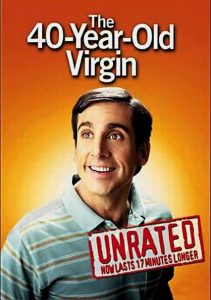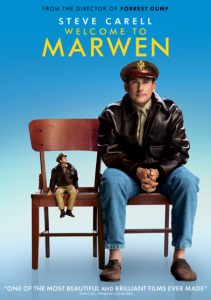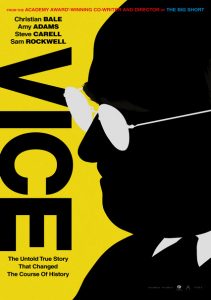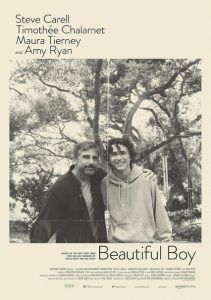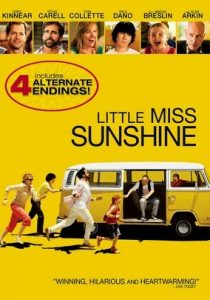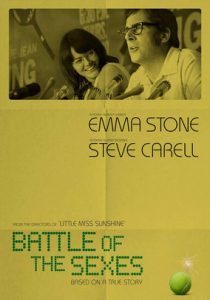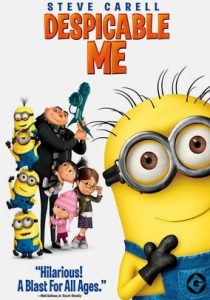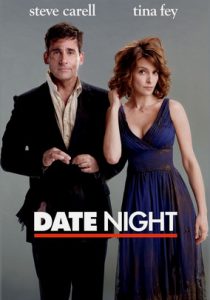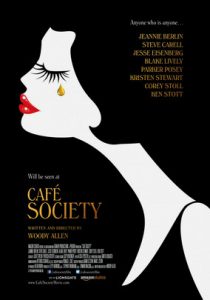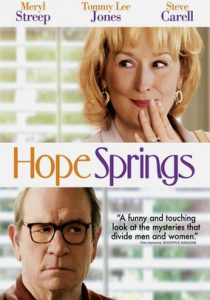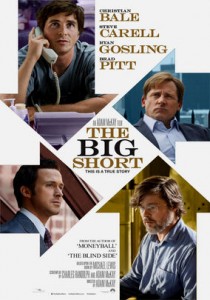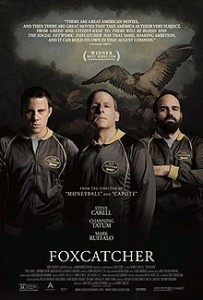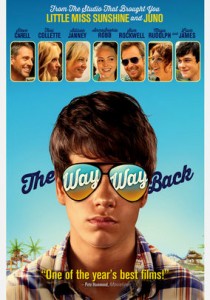The 40-Year-Old Virgin-2005
Director Judd Apatow
Starring Steve Carell, Catherine Keener, Paul Rudd
Scott’s Review #1,214
Reviewed December 31, 2021
Grade: B-
I am not a fan of director/producer Judd Apatow. His brand of silly comedy that includes objectification of women, homophobic language, and plain old unfunny attempts at slapstick comedy doesn’t go very far or sit particularly well with me.
His directorial debut is The 40-Year-Old Virgin (2005) which contains a fresh feeling and would ultimately lead to less worthy efforts like Knocked Up (2007) and This is 40 (2012).
Admittedly, the title alone had me and many others brimming with curiosity.
The freshness is mostly because of leading actor Steve Carell in a role that would propel him to film stardom and much better roles in the future.
So, I guess The 40-Year-Old Virgin deserves credit for that.
Typically, in Apatow’s films, the female characters are written as uptight, shrewish, and bitchy whereas the male characters are goofy and fun-loving. The audience is ‘supposed’ to root for the men and dislike the women.
The 40-Year-Old Virgin is no exception.
Still, the film does have a sweet-natured and innocent feeling amid the stereotypes, potty jokes, and obscenity that lie within. We root for the underdog to succeed in life and champion his plight despite it being a carnal and sexual one.
Andy Stitzer (Carell) is a tender yet socially inept man who works a lowly job at a big-box store. Single and living alone, 40-year-old Andy whiles away the days playing video games and admiring his action-figure collection. He is your classic, lovable nerd.
He harbors an embarrassing secret.
Despite his age, Andy has never engaged in sex, so his friends, including his closest friend David (Paul Rudd), encourage Andy to lose his virginity.
While attempting to get over his awkwardness around female customers, Andy meets a local shop owner Trish (Catherine Keener), and they begin an early romance.
With any Apatow film, the rest is highly predictable and the blueprint is formulaic and easy to figure out.
Andy will face humiliation due to his predicament and because of the bumbling yet good intentions of David and his other friend Cal, played by Seth Rogen.
He will inevitably have awkward encounters with a few other female characters, in this case, the aggressive Beth, played by Elizabeth Banks, before finding love with the ‘good girl’ Trish.
They will ride off into the sunset to live happily ever after. Spoiler alert- they have sex!
The best, and arguably only good part of The 40-Year-Old Virgin is Carell’s Andy. The character brings a warmth and a vulnerability that causes the audience to sympathize with his plight. While the majority of the viewers will not relate to being a virgin at his age they can at least relate to having an embarrassing issue to deal with.
I am glad that this film led to meatier roles for Carell. Foxcatcher (2014) and his storied role as Michael Scott in television’s The Office (2005-2013) immediately spring to mind.
Keener, mostly known for her dramatic rather than comedic roles is decent as the main love interest, Trish.
She, like Andy, is a rootable character though we don’t know too much about her. She is fond of Andy so, therefore, we like her and hope she takes Andy’s cherry.
The rest of The 40-Year-Old Virgin is riddled with standard comic setups and situations. When Andy slips and reveals his virginity by the next day his entire store knows his secret. From there, the insulting additions of a transvestite prostitute and a weird speed dating situation arise.
We know all along that Trish is the girl he will be with.
Apatow unwisely gives an interminable two-hour and thirteen-minute running time to his film which feels too long for a situation comedy.
One hour and thirty minutes would have been ideal and more desirable.
The 40-Year-Old Virgin (2005) is not the worst offender of the Apatow collection but it lacks any surprises or attempts at diversity.
It’s a perfect example of a tried and true adult sex romp with, thankfully, a likable central character.
